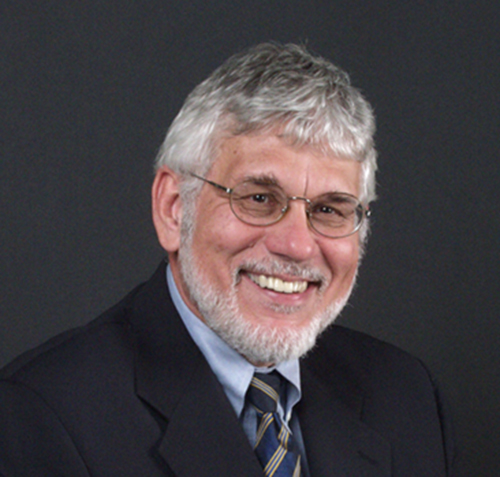
Stevenson Professor of Chemistry Ned Porter is the recipient of the James Flack Norris Award for Physical Organic Chemistry for 2013, the American Chemical Society has announced.
For more than four decades, Porter has been widely regarded as one of the leading experts in physical organic chemistry, including the study of the mechanisms and kinetics of chemical reactions. One of his specific interests has been the role that free radicals play in biological systems. Free radicals are atoms, molecules or ions that contain unpaired electrons. Everyday events, such as the exposure to sunlight and the act of breathing, generate free radicals in the body. These unstable, highly reactive compounds play an important role in a number of biological processes but, because of their reactivity, they can also do a lot of damage. In fact, one popular theory holds that aging is the result of the accumulation of free-radical damage within cells.
When Porter began his studies, organic chemists generally regarded free radicals as uncontrollable species. His pioneering work has helped chemists recognize that free radicals can act as highly useful intermediates in organic reactions, a lesson that is now included in undergraduate organic chemistry courses.
Much of his research has focused on the interaction of free radicals with lipids, a broad group of naturally occurring molecules that include fats, waxes and sterols that is particularly vulnerable to free radical attack.
The most recent segment of his career at Vanderbilt has been dedicated to the study of the role of free radical species in a broad range of diseases. Free radical damage has been implicated in cancer, stroke, diabetes, atherosclerosis, Parkinson’s, Alzheimer’s and a number of other major diseases.